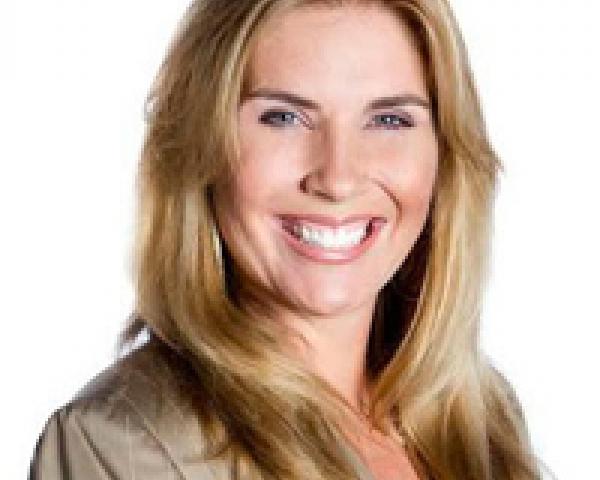Because of today’s technology, any person who has special knowledge of a service or product, or is willing to learn, can go into business as a freelancer. These people can not only be found by potential employers but can fit into their work flow. The result has been an on-demand work force, exemplified by the
Uber or
Lyft ride-sharing platforms and, in fact, by my company,
WeGoLook, which facilitates gig work for our
more than 30,000 strong on-demand workforce.
On-demand workers can generate substantial additional income without having to jump through the hoops that challenge traditional small businesses.
See also: The Uberization of Insurance
Consumers have shifted, too, increasingly demanding that they be able to want to purchase goods and services based on their actual needs -- what they want, when they want it and how they want it -- rather than based on what the market tells them they need.
The result has been an on-demand economy that has been meshing with the on-demand workforce.
Insurance products face disruption because virtually every consumer purchases insurance at some point -- insurance will have to adapt to both the on-demand nature of work and the on-demand nature of consumption. This is the industry's
Uber moment.
Insurtech has already led to innovation unlike anything the industry has ever witnessed.
Traditional carriers
feared a loss of about 20% market share and responded by making substantial investments of their own into technology, distribution methods and product innovation. Even though traditional carriers retained the underwriting and claims administration responsibilities for insurance products being marketed by startups like
Lemonade,
Slice and
Trov, they soon realized they would lose contact with consumers and control of distribution.
This has led insurance companies to wisely consider
innovation and
partnerships to remain relevant during this Uber moment.
Innovation
Digitally savvy customers want to connect and communicate via smartphone, tablets and laptops. Innovations like bots and AI help the insurer implement these communication requirements without adding thousands of employees and cubicles. Technology, in particular mobile technology, is the key, and insurtech startups have a vast supply of ideas that will meet the needs of the new on-demand consumer preferences.
Partnership
Insurers willing to invest significant funds to compete will suddenly discover that their traditional IT systems will hinder attempts at innovation. These legacy systems are typically outdated within a few years of installation, and the traditional insurer must look to partnering with well-funded startups rather than replacing all these systems at significant cost.
See also: What Will Be the Uber of Insurance?
Partnering can allow for quick implementation of technological advances, such as new communication techniques, and the on-demand workforce can quickly and inexpensively carry out the activities required to implement new processes. For instance, on-demand field service companies like WeGoLook can provide personnel to accommodate the new needs in claims adjusting.
Traditional insurers are retooling or partnering to accommodate the preferences of on-demand consumers, but they are in for a wild ride -- or at least very different one -- as they have their Uber moment.


